The volumes of the Project on History of Science, Philosophy and Culture in Indian Civilization aim to discover the central aspects of India's heritage and present them in an interrelated manner. In spite of their unitary look, these volumes recognize the difference between the areas of material civilization and those of ideational culture. The project is not being executed by a single group of thinkers, methodologically uniform or ideologically identical in their commitments. Rather, contributions are made by different scholars of diverse ideological persuasions and methodological approaches. The project is marked by what may be called 'Methodological Pluralism'. In spite of its primarily historical character, this project, both in its conceptualization and execution, has been shaped by scholars drawn from different disciplines. It is the first time that an endeavour of such unique and comprehensive character has been undertaken to study critically a major world civilization. Using reconstructive ideas available in classical Indian original works, this book makes a departure in the style of modern writings on Indian moral philosophy. It presents Indian ethics, in an objective, secular, and wherever necessary, critical manner as a systematic, down-to-earth, philosophical account of moral values, virtues, rights and obligations. It thereby refutes the claim that Indian philosophy has no ethics as well as the counter-claim that it transcends ethics. It demonstrates that moral living proves that the individual, his society and the world are really real and not only taken to be real for behavioral purposes as the Advaitins hold, the self is amoral being a non-agent, Moksa is not a moral value, and the Karmic theory, because of involving belief in rebirth, does not guarantee that the doer of an action is also the experiencer of its results, contrary to what is commonly held, and Indian ethics can sustain itself even if such notions are dropped. The author calls Indian ethics organismic because, along with ethical concerns, it also covers issues related to professions, politics, administration, sex, environment, etc. Therefore, in one format it is theoretical and applied, normative and metaethical, humanistic and non-humanistic, etc., of course, within the limits of the then cognitive enquiry. The language of the book is simple and non-technical. Its critical and reconstructive temper may provoke a researcher to think afresh on the issues it discusses. But the way it discusses them would make it intelligible and enjoyable even to a non-specialist.
Sankaradeva: Vaisnava Saint of Assam
$13.50
$15.00

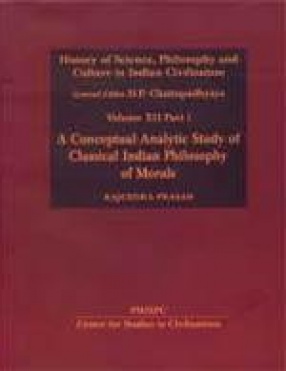
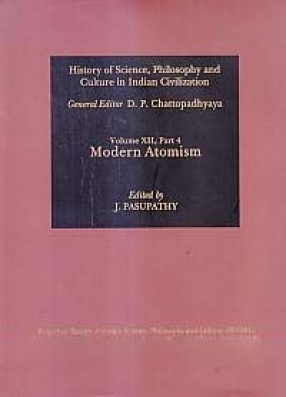
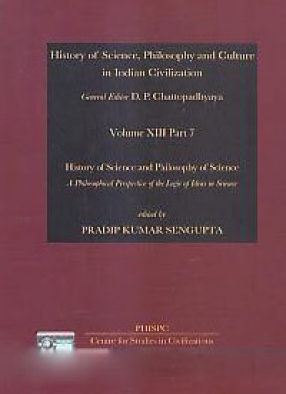
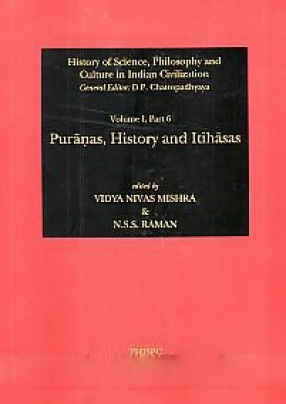
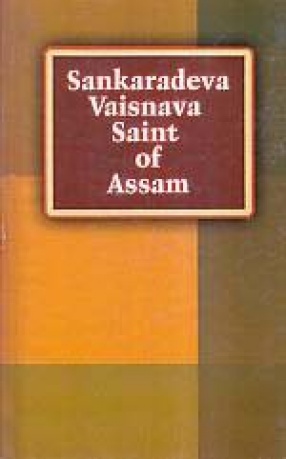
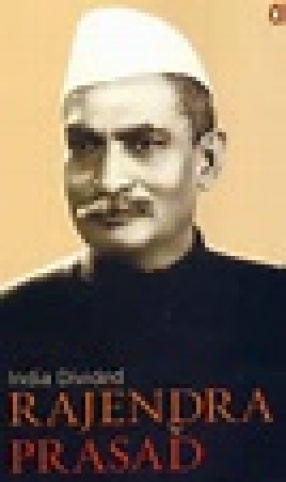
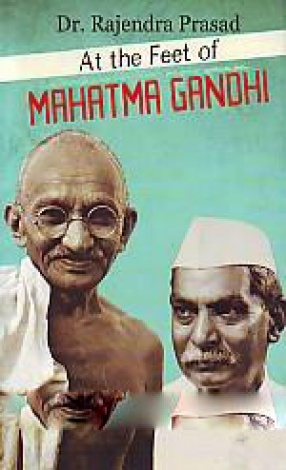
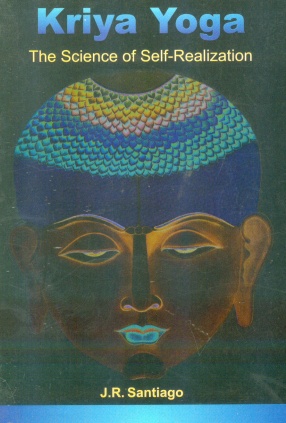
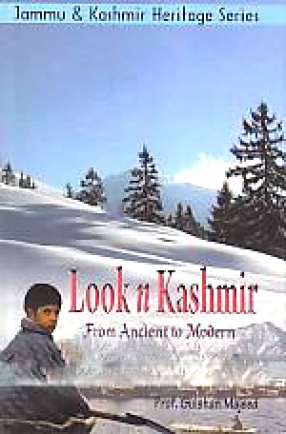
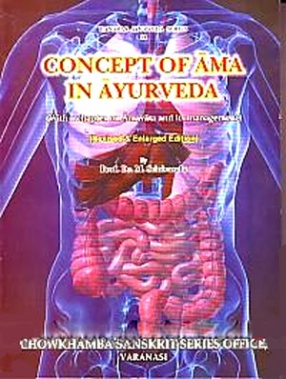
There are no reviews yet.